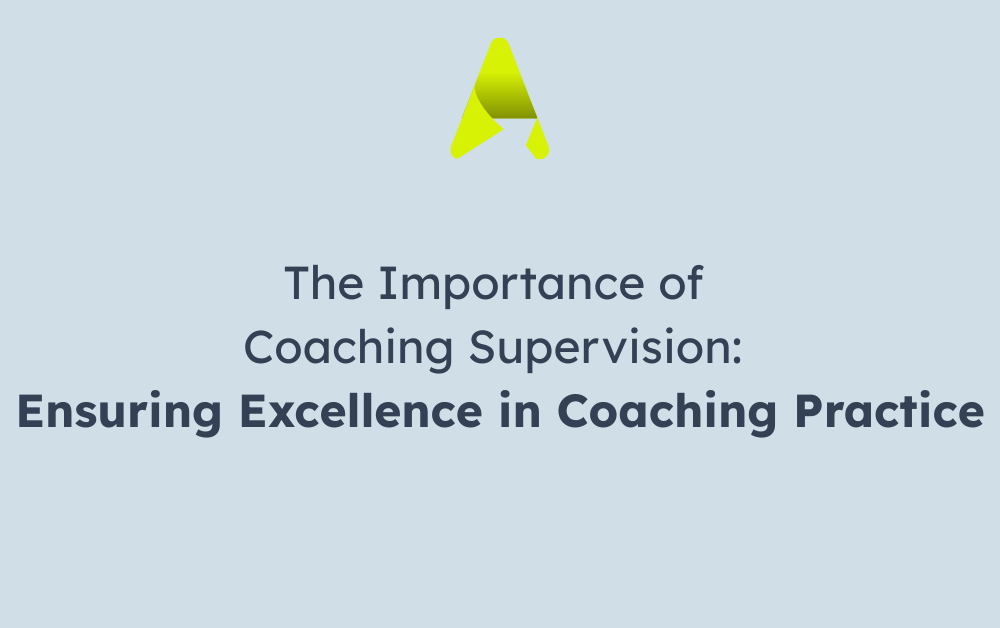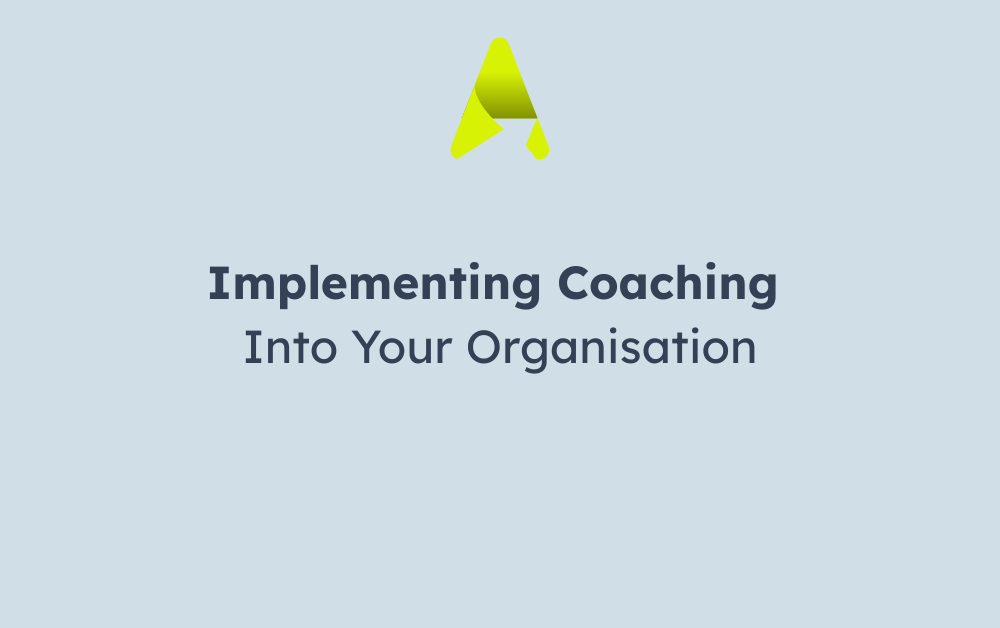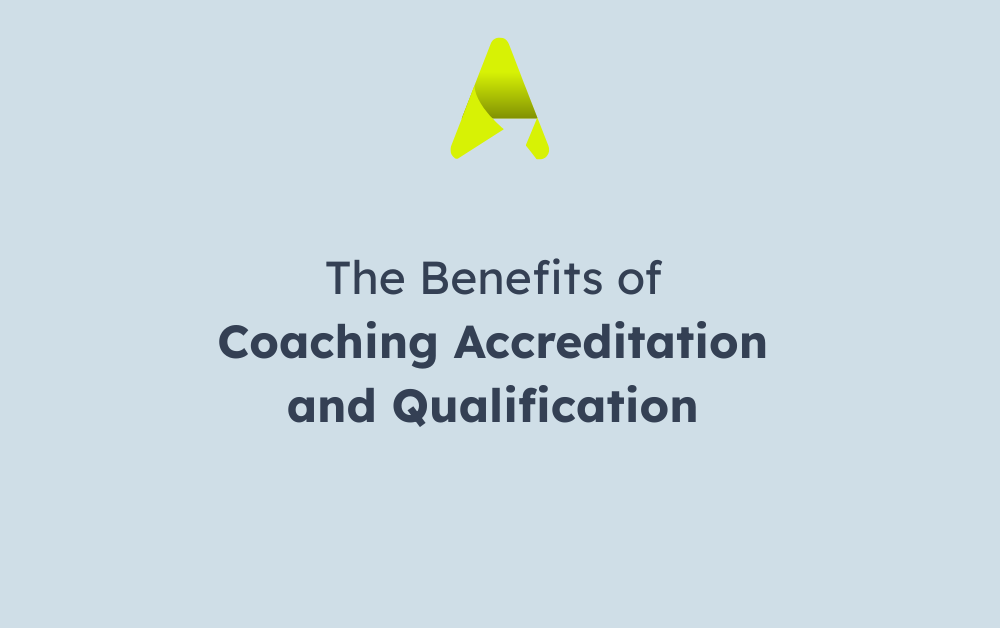For C-suite executives considering or entering the world of non-executive directorship, the first board interview often feels like the defining moment. But that single appointment is only one piece of a broader journey: building a strategic, fulfilling, and sustainable non-executive portfolio.
While executive careers tend to follow a linear, upward trajectory, NED careers demand a more deliberate, multi-dimensional mindset. Success isn’t just about being invited into the boardroom – it’s about choosing the right rooms to enter, knowing what you bring, and curating a portfolio aligned to your values, strengths, and ambitions.
Why You Need a Portfolio Strategy
Non-executive roles vary dramatically in scope, governance expectations, sector context, and time commitment. Without a clear strategy, it’s easy to become reactive, accepting roles that dilute your impact, create conflicts, or stall momentum.
A strong NED portfolio strategy helps you:
-
Articulate your boardroom value clearly
-
Select opportunities that align with your goals
-
Avoid overcommitment or reputational risk
-
Build a balanced, resilient governance profile
1. Clarify Your Value Proposition as a NED
Your executive track record is not your whole pitch. Boards are looking for directors who can challenge constructively, understand fiduciary responsibility, and contribute to decision-making under scrutiny.
Ask yourself:
- What board-level risks or blind spots am I uniquely positioned to spot?
- What perspectives do I bring that others on the board may not?
- What are my strengths as a steward, not just as an operator?
-
Practical Tip: Frame your value in terms of board impact, not operational detail. For example, instead of "ran global operations," say "bring cross-market risk insight and operational resilience to support international growth and crisis preparedness."
2. Define Your Positioning Pillars
Just as brands focus on clarity and consistency, effective NEDs articulate the types of roles they are pursuing.
Consider building your positioning around:
- Sector: e.g. fintech, health, consumer goods, infrastructure
- Stage: startup, scale-up, mature, pre-IPO, distressed, family-owned
- Type of Board: listed, private equity-backed, public sector, charitable, advisory
- Board Function: chair, committee chair, audit/risk expert, transformation lead
You don’t need to be overly rigid, but having 2–3 clear focus areas will sharpen your conversations and make it easier for others to advocate for you.
Think long-term. Your first NED role may be tactical, but your positioning should support your broader governance arc.
3. Build a Balanced Portfolio
The best NED portfolios balance ambition, time, and strategic alignment. Most high-functioning portfolios:
- Avoid clustering all roles in a single sector (for resilience and learning)
- Mix high-prestige and high-influence roles (not all impact is public)
- Ensure no conflict of interest or capacity strain
- Combine learning opportunities with meaningful contribution
Governance Best Practice: Be mindful of the “overboarding” risk. Institutional investors and regulators now scrutinise how many concurrent board seats directors hold, particularly in listed environments.
4. Know When (and How) to Say No
Not every board opportunity is right – even if it’s flattering or high-profile. Be especially cautious about:
- Organisations lacking clarity around the board’s role
- Governance immaturity or lack of independent voice
- Reputational exposure from ethical or financial fragility
Framework for Evaluation:
- Do I respect the leadership and trust their ethics?
- Is the board dynamic functional and inclusive?
- Can I add value without overstepping into exec territory?
Declining an opportunity professionally can enhance your credibility. Thank them, express your appreciation, and clearly state that it doesn’t align with your current focus.
5. Network with Purpose
Some NED roles are never advertised, and boards may recruit from trusted circles, based on referrals and past interactions.
To build visibility:
-
Attend governance-specific forums and invite-only briefings
-
Speak or moderate panels on board-relevant topics
-
Contribute thought leadership on LinkedIn or sector publications
-
Cultivate 1:1 relationships with chairs, senior NEDs, and search consultants
Think beyond recruiters. Many board seats are filled via peer recommendation, especially in private or mission-driven organisations.
6. Shape Your Governance Brand
What do people say about you when you’re not in the room? Your governance brand shapes how you’re perceived as a potential director.
Curate your digital and professional presence to reflect:
- Board-level thinking (via articles, interviews, or panels)
- Sound judgment and integrity
- Calm under pressure
- A commitment to good governance, not just business results
Update your LinkedIn summary to reflect your non-executive interests and perspective, and consider creating a one-page board bio tailored to your target audience.
7. Prepare for Governance Due Diligence
Just as boards assess you, you should assess them. Before joining any board, do your homework:
- Read public filings, media coverage, and financials
- Ask about board culture, recent decisions, and succession plans
- Request to speak with another independent NED
- Understand the dynamics between the chair and CEO
Questions to Ask:
-
How is dissent handled in the boardroom?
-
What does board induction look like?
-
How does the board measure its own effectiveness?
8. Think Like a Steward, Act Like a Strategist
Being a NED isn’t about replicating your executive playbook. It’s about:
- Asking better questions, not having all the answers
- Balancing challenge with support
- Protecting long-term value, not driving short-term gains
Effective NEDs zoom out. They see connections others miss, and they raise issues others avoid. That strategic mindset is what sets exceptional directors apart.
From Role to Reputation
Your first NED appointment is important. But your non-executive career will be shaped more by the roles you don’t take, the questions you ask, and the principles you uphold. By approaching your portfolio with clarity and discipline, you signal to others that you’re not just looking for a title, you’re offering stewardship.
Key Takeaways:
-
Know your unique governance value and communicate it clearly.
-
Position yourself intentionally across sector, stage, and board type.
-
Curate a balanced, purposeful board portfolio that aligns with your ethics and ambition.
-
Build meaningful networks and shape a visible governance brand.
-
Be as diligent about choosing boards as they are about choosing you.
In the boardroom, your voice is your value. Position it wisely.
Looking to develop or refine your strategic brand?
Talk to us about The NED Launchpad designed for senior leaders ready to pivot into portfolio careers.




